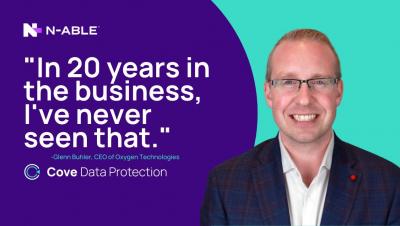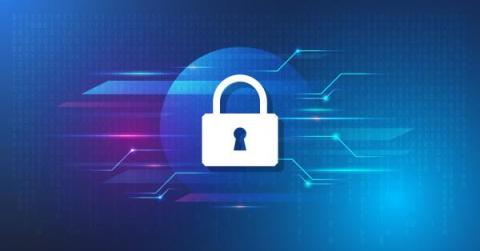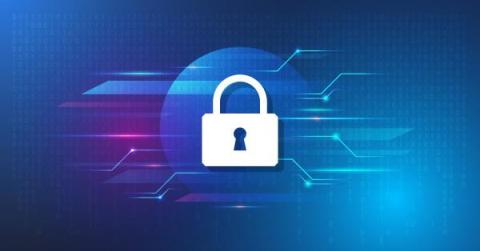The Critical Role of Data in Cybersecurity: Why Incomplete Data Weakens Your Overall Program
In this live stream, CDW’s Brenden Morgenthaler and I discuss a foundational issue with many security programs — having the right data to detect issues and make fast decisions. Data drives every facet of security, so bad or incomplete data weakens your overall program. Watch the video or continue reading below to learn about these issues and the strategies we use to solve security’s data problem.











